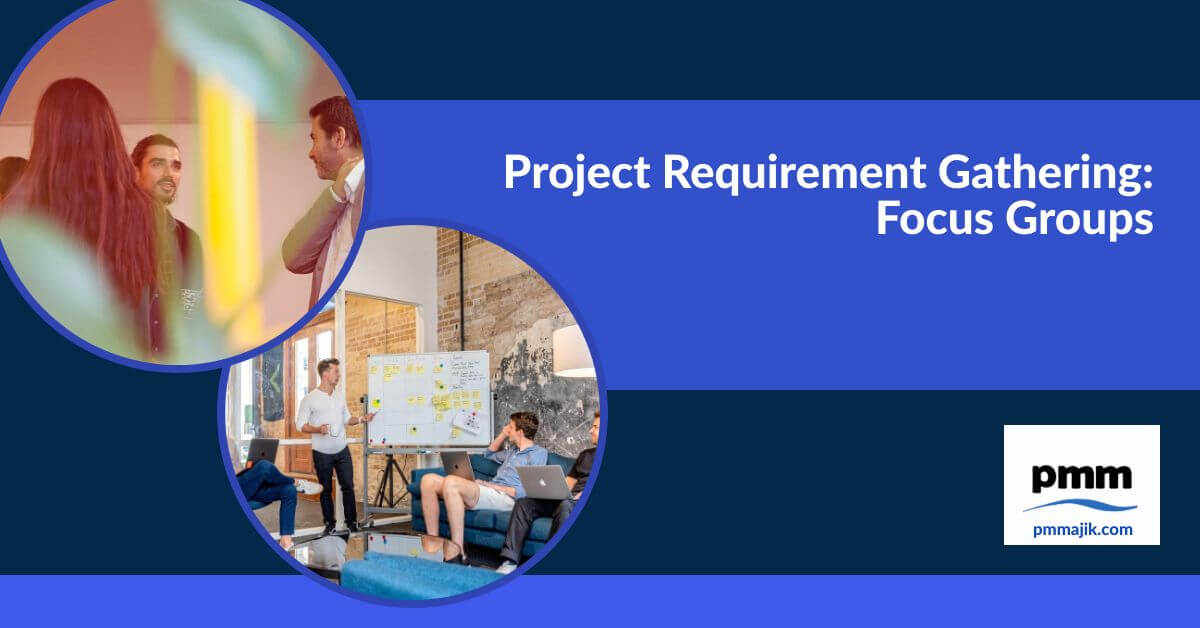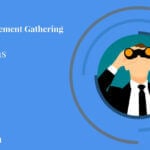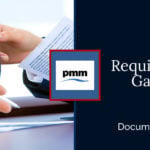To gather project requirements, focus groups can offer valuable insight into key elements of your project. You will have the chance to speak with a range of stakeholders and get plenty of views to help guide the direction of your project.
When you run a focus group, you will be able to establish your project’s:
- Opportunities
- Needs
- Problems
And if you’ve already gathered requirements through different means , you’ll be able to validate and refine those ideas.
Here, we’ll go through what you need to consider when running a focus group, as well as some of the benefits and negatives that you’ll get from the process.
Running a focus group
Although similar to a brainstorming session, you’ll find that a focus group will give you a more guided setting and have an outcome that will be less exaggerated. This makes the process more suited towards the end of your requirement gathering. This is what you’ll to have ready.
Participants
The people you choose for your focus group is going to have an impact on the outcomes. Who you speak to will depend on your stakeholders and end users of the product or service. Be sure to select a diverse cross-section – 6-12 people is a good number.
During the session, make sure that everyone is able to voice their opinion. For challenging participants, it may help to conduct interviews with them, too.
Questions
Focus groups are rarely the first activity when gathering your project requirements. You’ll already have an idea of what you want to know and refine, therefore you’ll have an idea of what you want to ask people.
The questions should guide the conversation. Target them to get what you want know; don’t leave them too open. For example, “how do you feel about your current software package?” could descend the session into griping. Framing it as “please identify the positives and negatives of the software you use” will get your more constructive answers.
Moderator
A good moderator will make or break a focus group session. It’s not a role that anyone can fulfil; it’s challenging to keep things on track. Some qualities you want to see in your moderator include:
- Excellent listening skills to ensure key information is clarified and followed up
- Focus to be able to balance taking in what stakeholders want to express and what you need to learn
- Expert knowledge to be able to dig down into topic specific information given by stakeholders
- Flexibility in approach so they can change their style and still get what they are looking for from the session
What you need to know
Once you’ve got your people and process in place, you should be set to run a successful focus group. They can definitely give some very fruitful information to help you understand the requirements of your project. There are some things to be cautious of, though:
- Focus groups give qualitative information, meaning there will be a layer of processing involved before you’re able to analyse the outputs
- There can be a crowd mentality that comes from focus groups, where the outcomes end up appealing to lowest common denominator in the search for consensus
- A griping session can develop when bringing people together from across a business; without a strong guide and good questions, things can get negative
However, there are plenty of plus points to focus groups, such as:
- Gaining a deep understanding of what key stakeholders are looking for
- Listening to a range of perspectives from different types of users
- More focussed than a brainstorming session, with defined outcomes
Conclusion
Towards the end of the process of gathering project requirements, focus groups will help you hone the key information. You will be getting direct input from end users with a strong direction rather than the scattergun approach of brainstorming.
One key thing to remember is to be prepared before starting the process. Having a knowledgeable and skilled moderator in place will ensure you come out of the focus groups with clear information.






